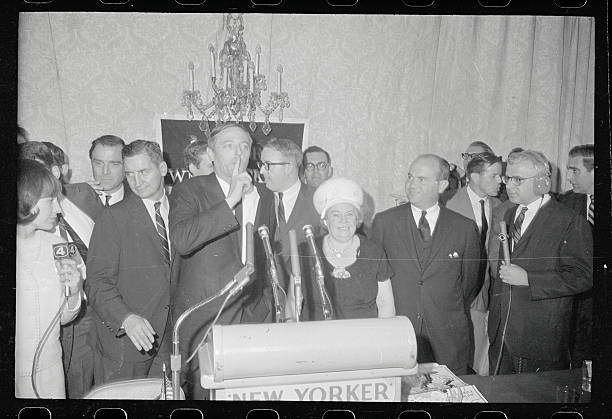Turn on the news. Scroll through your feed. One war dominates the headlines, while another—just as deadly, just as devastating—barely gets a mention.
This isn’t by accident.
The world doesn’t respond to war equally. Some conflicts spark global outrage, aid campaigns, and endless coverage. Others fade into the background, ignored by the same governments and media houses that swore they stood for human rights.
So the question is: Why do some wars matter more than others—at least in the eyes of the world?
It’s Not About the Death Toll
You’d think the number of lives lost would be the main reason a war makes headlines. But history proves otherwise.
Millions have died in wars across Sudan, Yemen, Syria, and Congo—yet these conflicts have struggled for consistent media coverage. Meanwhile, smaller conflicts involving Western interests often grab more attention instantly.
That’s because the media doesn’t always follow the blood. It follows power, politics, and profit.
Who’s Involved Matters More Than Who’s Dying
Let’s be blunt: wars involving powerful nations get more airtime.
When the U.S., Russia, China, or European powers are involved, even indirectly, the war becomes a geopolitical story. Suddenly, everyone’s interested. Leaders speak out. Sanctions are discussed. Social media explodes.
But when wars break out in countries seen as “less important” on the global stage—whether in Africa, Southeast Asia, or the Middle East—they’re often labeled as “complex” or “too far away.”
It’s not that the suffering is any less. It’s just that global powers don’t see a strategic reason to care.
Media Follows the Money
Media organizations are businesses. They rely on clicks, views, and advertising dollars. That means they cover stories they believe people will engage with.
Wars in regions that the Western public doesn’t recognize or relate to? Less clicks.
Conflicts where coverage could anger a powerful ally or risk legal action? Less coverage.
This is how editorial choices turn into political silence. And it leaves entire populations forgotten while they bleed.
Strategic Interests Dictate Global Outrage
When a war threatens oil pipelines, trade routes, military alliances, or global markets—you’ll hear about it.
But if the same violence happens in a place with no economic value or strategic leverage, the response is quiet. Maybe a press release. Maybe a paragraph buried on page 7.
Governments and institutions often calculate their response based on what they stand to lose or gain—not on human lives.
This explains why one refugee crisis sparks compassion while another is treated like a nuisance.
The Role of Race, Religion, and Bias
Let’s face it: racism and cultural bias still shape the global narrative.
When war breaks out in Europe, leaders talk about “defending civilization.” When it breaks out in Africa or Asia, it’s “tribal conflict” or “sectarian violence.”
This kind of language matters. It dehumanizes some victims and elevates others, reinforcing the idea that not all suffering is equal.
It’s ugly. It’s wrong. But it’s real. And it helps explain why some wars get the world’s tears, and others get silence.
Social Media: Breaking or Reinforcing the Silence?
Social media has the power to bring attention to overlooked conflicts. Activists, citizen journalists, and survivors now have platforms to tell their stories.
But algorithms are biased too. They favor content that’s viral, emotional, and relatable to the majority of users—which often means Western audiences.
So even online, the same pattern repeats:
- One war dominates hashtags.
- Others vanish into the scroll.
Unless there’s a personal video, a trending moment, or a celebrity voice—the algorithm keeps the silence going.
The Human Cost of Being Ignored
When a war is ignored, the consequences are brutal:
- Less humanitarian aid
- Less pressure on governments to stop the violence
- More impunity for war crimes
- More lives lost in silence
And the people trapped in these forgotten conflicts know the world is watching—but looking away.
That silence becomes part of their trauma. It’s not just that their homes were bombed or their families were lost. It’s that no one seemed to care.
So, What Can Be Done?
Silence isn’t a natural consequence. It’s a choice. And we can choose differently.
- Demand better from the media. Question why some wars dominate the news cycle. Push for coverage of underreported conflicts.
- Support independent journalism. Smaller outlets often take the risks to report what mainstream media avoids.
- Listen to voices on the ground. Refugees, aid workers, and local journalists can offer powerful insight—if we pay attention.
- Call out double standards. If one war is getting global support, ask why others aren’t. Push leaders to respond equally.
Because justice doesn’t work if it’s selective. And peace can’t happen if no one knows there’s a war.

